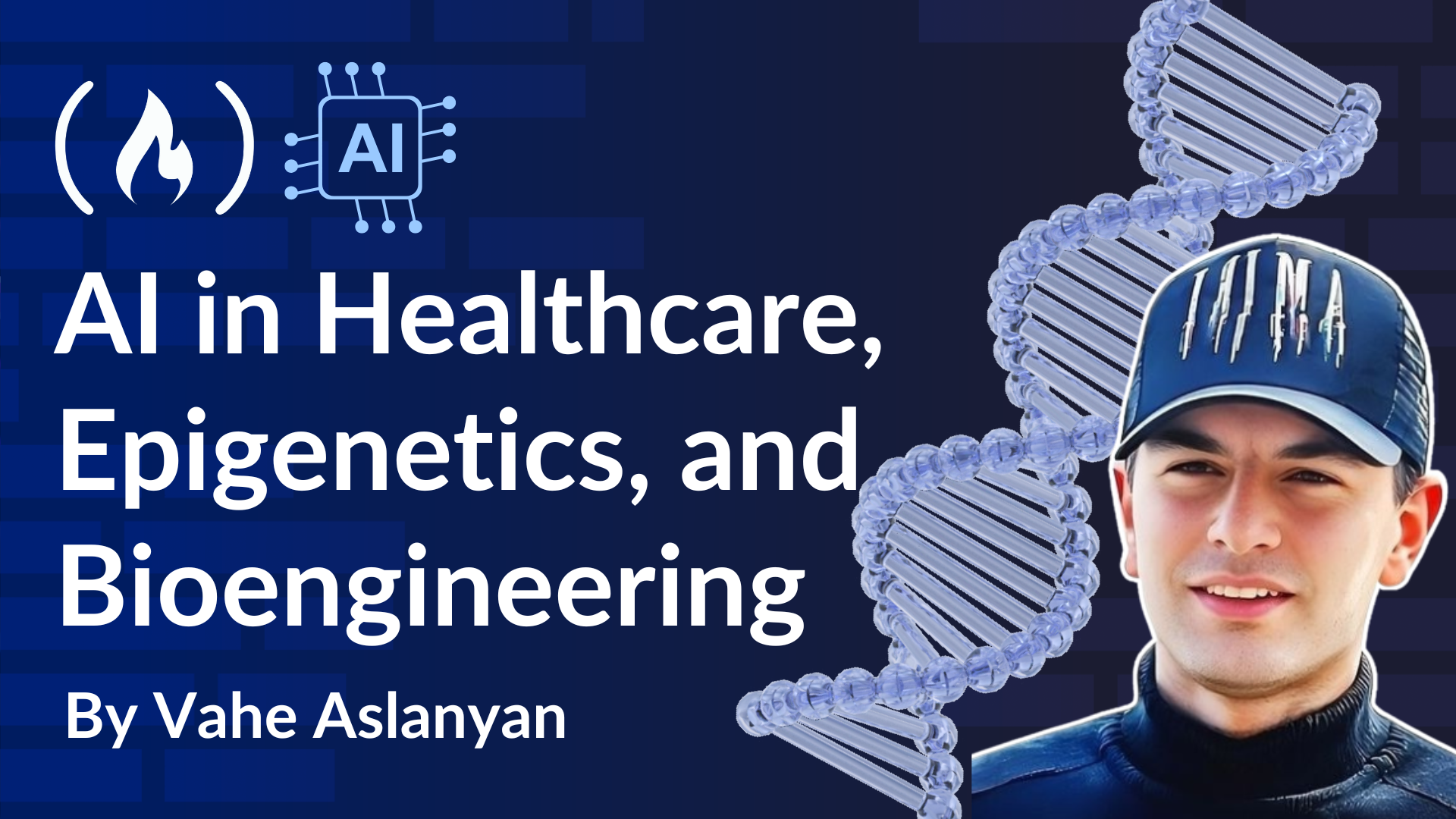
Synthetic Biology
Synthetic Biology 관련
Synthetic Biology's Diverse Applications
Synthetic biology takes bioengineering to its logical extreme by designing entirely new biological systems from scratch—or reprogramming existing ones for novel purposes. This field blurs the line between biology and engineering, creating organisms that perform tasks nature never intended and offering solutions to some of the most complex challenges facing humanity.
By combining principles from biology, engineering, computer science, and chemistry, synthetic biology enables the creation of custom-designed organisms with specific functionalities tailored to meet diverse needs.
This multidisciplinary approach fosters innovation and creativity, allowing scientists to rethink and redesign biological systems with unprecedented precision and versatility. As synthetic biology continues to evolve, it promises to revolutionize industries ranging from healthcare and agriculture to environmental management and manufacturing.
The ability to engineer life at the genetic level opens up a myriad of possibilities for improving human life and preserving the planet, making synthetic biology a cornerstone of future technological advancements.
Sustainable Manufacturing through Synthetic Biology
One compelling application of synthetic biology is in sustainable manufacturing. Engineered microbes can produce biofuels or biodegradable plastics from renewable resources like agricultural waste, reducing our reliance on fossil fuels and mitigating environmental pollution.
These microorganisms are designed to efficiently convert biomass into valuable products, offering a sustainable alternative to traditional manufacturing processes that are often resource-intensive and environmentally damaging.
The production of biodegradable plastics addresses the growing issue of plastic pollution, providing materials that break down naturally without harming ecosystems. By leveraging the metabolic pathways of engineered microbes, synthetic biology enables the creation of eco-friendly products that support a circular economy and promote environmental sustainability.
This approach not only reduces the carbon footprint of manufacturing but also fosters the development of green technologies that are essential for combating climate change and preserving natural resources.
Yeast Strains for Pharmaceutical Production
Similarly, yeast strains modified to synthesize pharmaceuticals could democratize access to life-saving drugs by enabling local production in resource-limited settings.
Traditional pharmaceutical manufacturing often involves complex and expensive processes that limit the availability of essential medications in developing regions. Engineered yeast can produce a wide range of drugs more efficiently and cost-effectively, making treatments more accessible to underserved populations.
This approach also enhances the scalability and flexibility of drug production, allowing for rapid responses to emerging health crises and the customization of medications to meet specific therapeutic needs.
By decentralizing pharmaceutical production, synthetic biology can play a pivotal role in improving global health outcomes and ensuring that life-saving treatments are available to all, regardless of geographic or economic barriers. The ability to produce pharmaceuticals locally not only increases accessibility but also reduces dependency on global supply chains, enhancing the resilience of healthcare systems worldwide.
Biological Computing and Data Storage
Another visionary concept within synthetic biology is biological computing, where living cells are programmed to perform computational tasks traditionally handled by silicon-based systems. While still in its infancy, this approach could revolutionize data storage and processing by leveraging DNA’s unparalleled density and efficiency.
One gram of DNA can theoretically store 215 petabytes of information, offering a solution to the growing demand for data storage in our increasingly digital world.
Biological computing harnesses the natural properties of living organisms to perform complex computations, enabling the development of highly efficient and scalable computing systems.
This innovative approach not only addresses the limitations of traditional computing technologies but also opens up new possibilities for bio-integrated devices and intelligent systems. As research progresses, biological computing could lead to breakthroughs in fields such as artificial intelligence, biotechnology, and nanotechnology, driving the next wave of technological innovation.
Synthetic Biology in Resilient Agriculture
Synthetic biology also has potential applications in agriculture through crops engineered for resilience against droughts or pests without relying on chemical pesticides or fertilizers.
These innovations could enhance food security while reducing ecological harm, creating a win-win scenario for both humanity and the planet. Genetically modified crops can be designed to thrive in harsh environmental conditions, ensuring stable yields even in the face of climate change and resource scarcity.
Pest-resistant crops also reduce the need for chemical interventions, minimizing the environmental impact of agriculture and promoting sustainable farming practices. By improving the resilience and sustainability of food production, synthetic biology contributes to the resilience and productivity of agricultural systems, addressing the dual challenges of feeding a growing population and protecting the environment.
These advancements not only support agricultural productivity but also align with broader environmental and sustainability goals, demonstrating the multifaceted benefits of synthetic biology in addressing some of the most critical challenges of our time.
